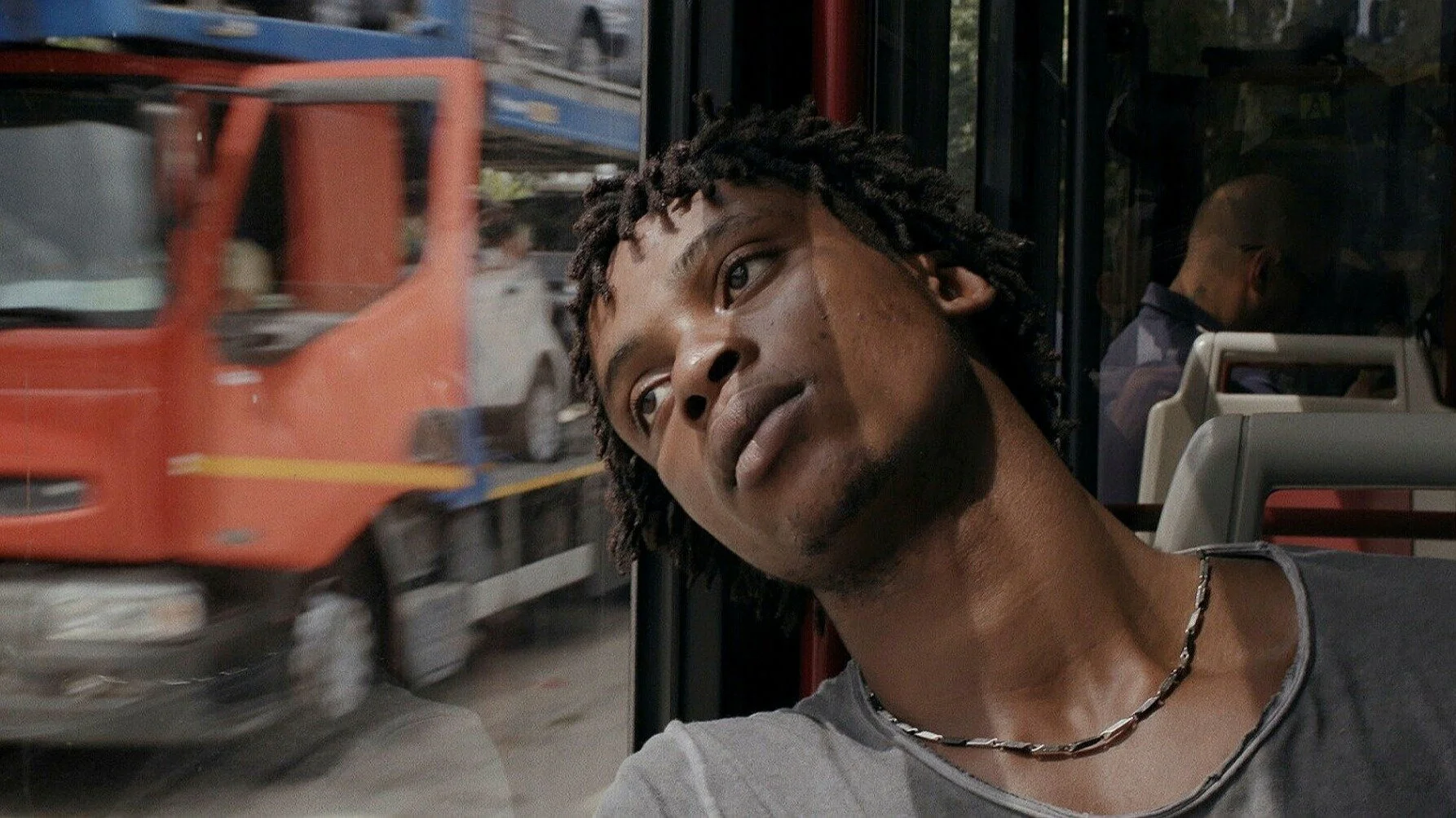Il mio corpo
Two lives viewed against a Sicilian background are stunningly filmed.
Michele Pennetta is an Italian filmmaker born in 1984 whose work is new to me although his short films and one medium length one (2016's Pescatori di corpo) have already attracted attention. At 81 minutes, Il mio corpo can be regarded as his first full feature and it is a very remarkable work indeed. Visually it is exceptional on account of both the wonderful colour and 'Scope photography by Paolo Ferrari and the superb compositions that add so much to the film's impact. Considered in these terms, Il mio corpo is nothing less than a masterpiece, but when it comes to considering Pennetta's choice of material and understanding his aims in selecting it the film feels too elusive to satisfy fully.
Set in Sicily, Il mio corpo is a documentary that cuts back and forth throughout its length as it reveals the lives of two people living in the same region. One of these is Oscar who, together with his brother, helps his father, a dealer in scrap metal collected from dumps. The brothers had lost their mother when she went off with another man and the father, now himself settled with a new partner and younger kids, is continually criticising Oscar and is wearing him down. The other quite distinct thread in the film is centred on a young man named Stanley who is an immigrant from Nigeria. He may have a visa but is finding it difficult to get by and is short of the money needed to pay the rent of the accommodation which he shares with a fellow Nigerian. The latter proves to be even worse off than Stanley when his application for a visa is turned down. Meanwhile, Stanley helps out a priest for a pittance, but he does at least get help from this man since in time the priest is able to suggest work in the countryside which initially involves harvesting grapes and later herding sheep.
Pennetta has acknowledged that this double portrait although presented as a documentary did involve the use of re-enactments for some of its scenes. However, this does not undermine the film in any way since the behaviour of the people seen on screen never seems artificial. Furthermore, it has allowed Pennetta to exercise his full directorial flair (it often features the kind of camerawork and editing that are more usually encountered outside of documentaries). But, no less importantly, the real purpose of the work appears to reside in what is to be found beneath the surface: the heart of the piece lies in the way that the two distinct narratives seem to invite us to see Oscar and Stanley for all their differences as two souls lost in limbo. Pennetta expresses that eloquently yet still leaves us uncertain what to make of it. Early on a figure of the Virgin Mary is found amongst discarded scrap and the fact that the title for its release here is Il mio corpo rather than My Body carries its own hint of religious subject matter. The late Robert Bresson, France's greatest Catholic filmmaker, could close A Man Escaped (1956) with music from a Mozart Mass and thus convince us that his story had been presented from a Christian perspective. Adopting a comparable gesture, Il mio corpo ends to the accompaniment of Pergolesi's Stabat Mater, but with neither narrative thread resolved Pennetta's film leaves us unclear as to what exactly this music is meant to indicate. Indeed, for this reason we are left somewhat bemused, but technically and aesthetically Il mio corpo is filmmaking of the highest order.
MANSEL STIMPSON
Featuring Oscar Prestifilippo, Roberto Prestifilippo, Marco Prestifilippo, Stanley Abhulimen, Blessed Idamosa, Elza Selimi, Piero Riggi, Gabriel Prestifilippo, Sofia Prestifilippo, Matias Prestifilippo.
Dir Michele Pennetta, Pro Joëlle Bertossa, Giovanni Pompili, Silvana Bezzola Ricolini and Flavia Zanon, Screenplay Arthur Brugger, Michele Pennetta, Christian Tarabini and Pietro Passarini, Ph Paolo Ferrari, Ed Damian Plandolit and Orsola Valenti, Music Nathalie Rebholz.
Rai Cinema/Cinéforum/Kino Produzioni/Close Up Films/Suissimage-Curzon.
81 mins. Italy/Switzerland. 2020. Rel: 11 December 2020. Available on Curzon Home Cinema. Cert. 12A.


